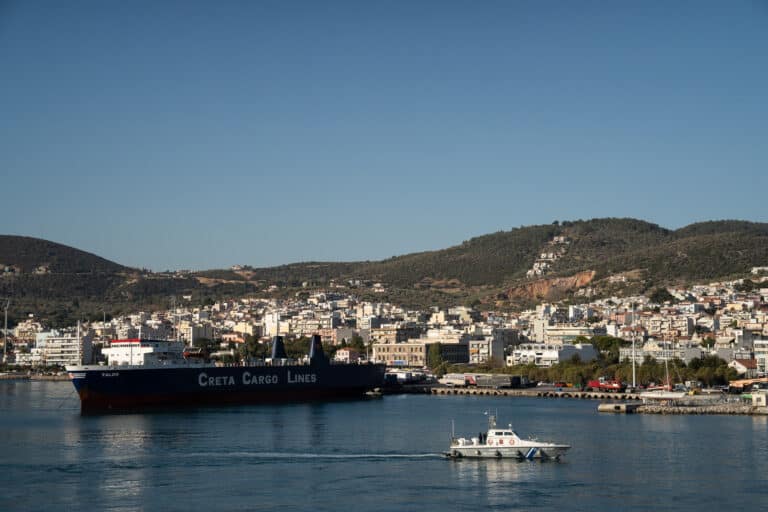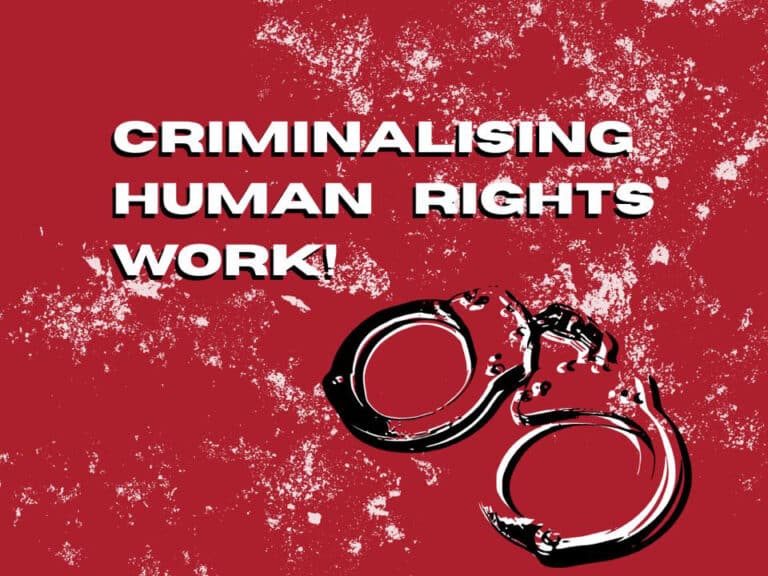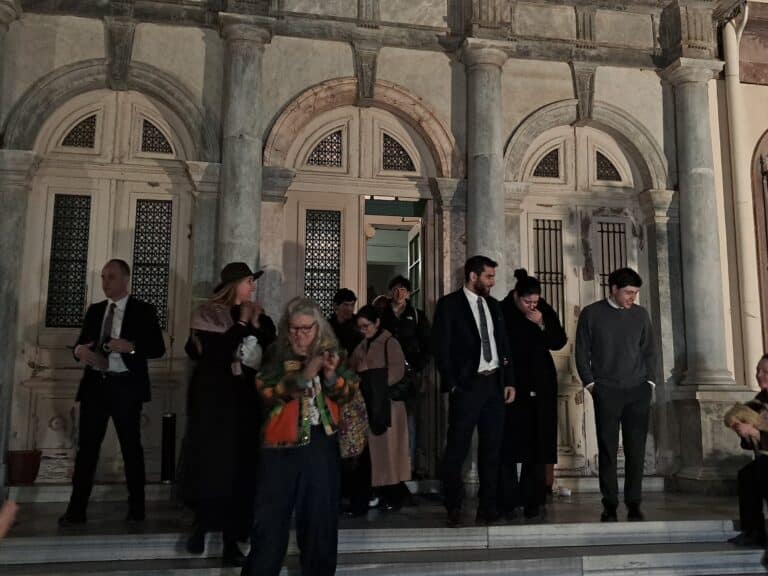by Caldwell Manners, CPT Colombia
 When Colombia’s national agricultural strike began on 19 August, a leader from CAHUCOPANA, a CPT partner organization from the northeastern Antioquia province, said, “I don’t think it will last long. Maybe two weeks, not more.” By the fourth week of the strike—which was preceded by a fifty-two day standoff in Catatumbo—over 200,000 farmers, union workers, coffee growers, students and others had flooded the streets and shut down dozens of highways.
When Colombia’s national agricultural strike began on 19 August, a leader from CAHUCOPANA, a CPT partner organization from the northeastern Antioquia province, said, “I don’t think it will last long. Maybe two weeks, not more.” By the fourth week of the strike—which was preceded by a fifty-two day standoff in Catatumbo—over 200,000 farmers, union workers, coffee growers, students and others had flooded the streets and shut down dozens of highways.
Decades of economic, social and political abandonment is at the core of the protests. Even the president took ten days to acknowledge the strike after documented cases of police brutality and a day of clashes in Bogotá.
President Santos’ divisive and isolating negotiating tactics, enforced by a militarized and violent response, are being interpreted as an unwillingness to address the issues behind the strike and the six associated demands its negotiating team has put on the table.
 First, Free Trade Agreements with the US, Canada and the EU have taken a heavy toll on Colombian agriculture. Undercut by highly-subsidized imports, farmers can’t compete, given the high costs of inputs, US-backed aerial anti-narcotics spraying that also destroys food crops, the lack of public infrastructure to get agricultural products to market, and sixty years of ongoing conflict. The strikers demand an end to free-trade agreements.
First, Free Trade Agreements with the US, Canada and the EU have taken a heavy toll on Colombian agriculture. Undercut by highly-subsidized imports, farmers can’t compete, given the high costs of inputs, US-backed aerial anti-narcotics spraying that also destroys food crops, the lack of public infrastructure to get agricultural products to market, and sixty years of ongoing conflict. The strikers demand an end to free-trade agreements.
Second, rampant poverty in rural Colombia is largely due to the power differential between the large landowners and small farmers. Over the last thirty years 12.9% (16.3 million acres) of agricultural land was stolen. Today experts believe about 15 million acres of arable land lie fallow. Farmers demand a process of land reparations that prioritizes Colombians over foreign extractive companies.
Rural farmers demand security through Zonas de Reserva Campesina, or small farmer land reserves, allowing them to invest in sustainable development and secure a livelihood through communally agreed landholding prac-tices.
In parts of rural Colombia artisan mining is the backbone of the economy and culture. The government’s promotion of large-scale mining—as in Cajamarca, where AngloGold Ashanti is set to start production in what could become Latin America’s largest gold mine —has come at the cost of criminalizing traditional and small miners. These miners demand an effective role in shaping a more just national mining policy.
Political isolation is arguably at the core of the growth of guerilla movements over the last five decades. Strikers demand the government open avenues to real political participation and access.
Finally, access to social infrastructure has decreased in proportion to rampant corruption. Privatization of utilities, health care and, increasingly, education, disproportionately harms rural populations. The strikers demand government investment in social infrastructure with greater local oversight.
The strike highlights historic inequalities embedded in what used to be geographical barriers to government services. CAHUCOPANA organizers testify that “extrajudicial executions, stigmatization and false accusations against social movement leaders, blockages of economic and health aid, and shootings and indiscriminate bombings by the Armed Forces are other forms of violence that small farmers… have had to endure.” Unfortunately, while geographical barriers have diminished, inequalities continue to rise, and “this violence has been the only evidence of any State presence in the rural areas.”
The strike has grown to a critical mass, urging the government to begin negotiations. Whether the government will continue with divisive tactics like cabinet reshuffles or address Colombians’ root concerns remains to be seen.
Caldwell Manners has served as a full-time member of the Colombia team since 2011.



